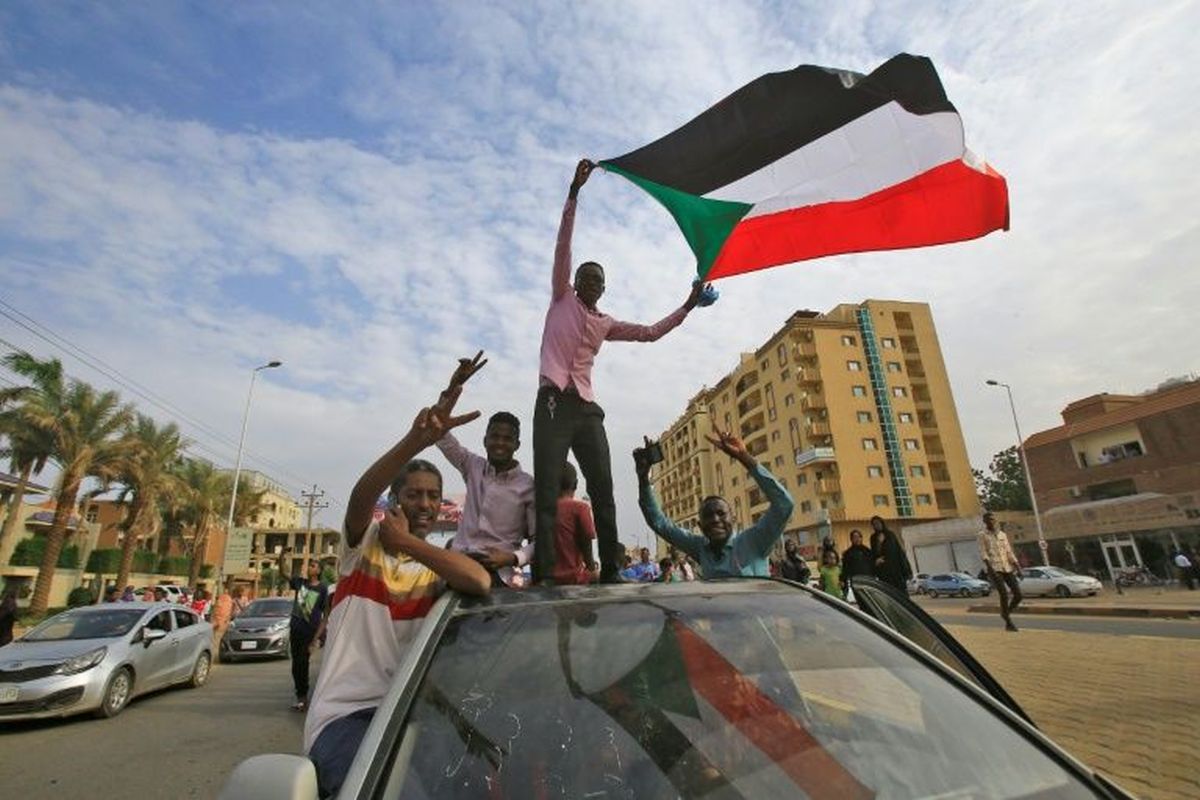After months of political crisis, Sudan’s military generals and protest leaders agreed on a constitutional declaration paving the way for a transition to civilian rule on Saturday, according to the African Union.
The document is complementary to a power-sharing deal which was signed on July 17 that motive is to form a joint civilian-military ruling body which will oversee the formation of a transitional civilian government and parliament to govern for a three-year transition period.
Advertisement
The move comes after prolonged negotiations between Sudan’s ruling military council and leaders of the protest movement which toppled veteran leader Omar al-Bashir in April this year.
AU mediator Mohamed El Hacen Lebatt told AFP, “I am announcing to the Sudanese, African and international public opinion that the two delegations have fully agreed on the constitutional declaration”.
“The meetings will be held to work out the technical details of the deal and discuss the formal signing ceremony”, he added.
One of the protest leaders said, “We agreed on sensitive issues related to security and independence of the judiciary and the powers of the cabinet as well as the ruling sovereign council”.
Under the agreement, “the feared paramilitary Rapid Support Force will report to the head of the armed forces,” said protest leader Monzer Abu al Maali.
In May this year, Sudanese authorities had shut down news broadcaster Al Jazeera’s Khartoum office, as thousands of protesters gathered outside the country’s military headquarters to pressure the ruling generals to cede power.
The two sides had agreed on many aspects of a political transition, including its duration and the bodies to oversee it.
The army ousted Bashir on April 11 after months of protests against his autocratic, three-decade rule.
According to Ahmed Ibrahim, another protester, the agreement is a proof to the success of Sudan’s popular uprising since December against Bashir.
Crowds of Sudanese people outside the hall broke out in celebration after the announcement.
The protest movement has long blamed the irregulars of the powerful RSF, whose commander General Mohamed Hamdan Daglo is deputy head of the ruling military council, for the deadly violence against demonstrators.











